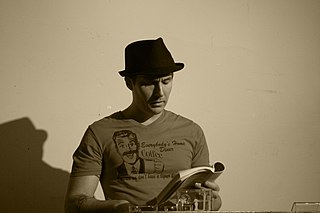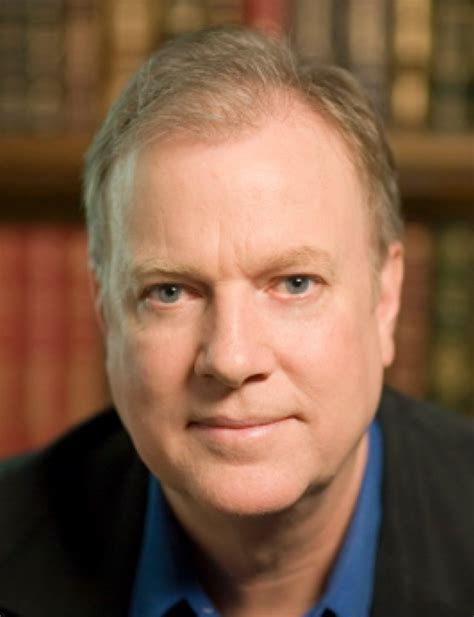A Quote by Robin Hobb
Everybody has felt at one time or another that everyone else in the world had a better shot than they did, so when you engage that, you engage the reader, and I think you create a character that brings the reader more fully into the story.
Related Quotes
Characters who are absolutely sure about what they do, who plunge ahead without fear, are not that interesting. We don’t go through life that way. In reality, we have doubts just like everyone else.
Bringing your Lead’s doubts to the surface in your plot pulls the reader deeper into the story, and this is an excellent way to coax the reader to lose himself in the story world you’re about to create.
Notice how every science fiction movie or television show starts with a shot of the location where the story is about to occur. Movies that take place in outer space always start with a shot of stars and a starship. Movies that take place on another world always start with a shot of that planet. This is to let you know where you are. Novels and stories start the same way. You have to give the reader a sense of where he is and what's happening as quickly as possible. You don't want to start the story by confusing the reader.
I'm not trying to create a stand-in or avatar with whom the reader can identify, but separate, believable characters with distinct personalities; I'm trying to place the reader more in the role of observer rather than that of participant. I think this approach comes out of my own personal desire and struggle to understand our world, and the complex interactions of people with one another and their environment. My work is an improvised exploration of this complexity, as opposed to a structured, plot-driven narrative.
The narrative image has more dimensions than the painted image - literature is more complex than painting. Initially, this complexity represents a disadvantage, because the reader has to concentrate much more than when they're looking at a canvas. It gives the author, on the other hand, the opportunity to feel like a creator: they can offer their readers a world in which there's room for everyone, as every reader has their own reading and vision.
First person allows deeper insight into the protagonist's character. It allows the reader to identify more fully with the protagonist and to share her world quite intimately. So it suits a story focused on one character's personal journey. However, first person shuts out insights into other characters.
The thing to remember when you're writing," he said, " is, it's not whether or not what you put on paper is true. It's whether it wakes a truth in your reader. I don't care what literary device you might use, or belief systems you tap into--if you can make a story true for the reader, if you can give them a glimpse into another way of seeing the world, or another way that they can cope with their problems, then that story is a succes.






































